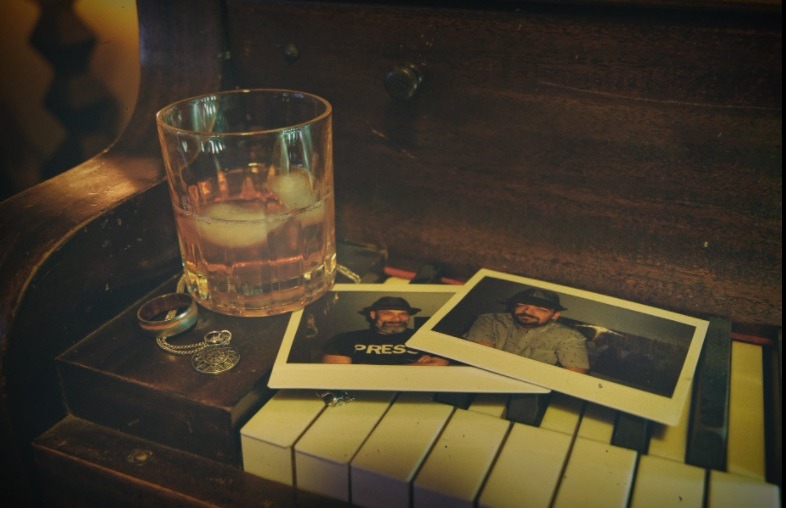Japan is globally famous for its vibrant culture that balances tradition with innovation. As a result, they have produced an amazing drink and food culture which is reflected in sushi, soba, sake, tempura and whiskey and much more.
If you’re wondering why buy Japanese whiskey, this article gives you four good reasons to do so
1. Japanese whiskeys continue to win awards
With its unique combination of history profiles and flavors, there’s no denying that Japanese whiskey is special. They reflect this in the number of awards it has won and continues to win. While no single award is definitive when you’re talking to whiskey experts and enthusiasts when a whiskey has earned many awards worldwide you have to admit there must be something special about the liquid. Japanese distillers have poor skill, passion and endless effort and endeavor into their product, making it a major competitor in the global whiskey market.
2. A reflection of Japan’s complex culture
Behind these wonderful whiskeys is Japanese history and culture looking at their cities, the services and their automobile industry. For example, the Japanese have always pursued perfection in everything they do.
It’s easy to argue that perfection with whiskey it’s unattainable but if you constantly strive to improve and provide products that are better than your competitors this will improve what the quality of your whiskey and the demand for it
Japanese history and culture is diverse and complex and they reflect this in the whiskey while some can be playful and intense, others offer gentle and subtle flavors but one thing you can be guaranteed is a balance throughout.
Their culture has strived upon improvement through experimentation, and they find this throughout the land of the rising sun. Although their customers may have become accustomed to a specific whiskey type or flavor after decades of distilling, these companies still will adapt their practices to perfect their processes. The history of Japanese Whisky is also worth knowing. For sure, as spirits lovers and whisky enthusiasts, you will find it very captivating and exciting.
3. A potential investment
Considering in Japanese whiskey culture as we know it is barely three decades old, it’s impossible to underestimate its value, especially when it used to be comfortably eclipsed by their Saché and beer industries. 30 years ago many distilleries went out of business and were forced to drastically reduce their production levels to reflect demand.

This is hard to fathom when you look at where the whiskey industry in Japan stands today. As a fine whiskey needs time to age, their warehouses are looking bare and this is driving the price of these whiskeys up. Making aged Japanese whiskeys among the most expensive and scarce in the world if you’re lucky enough to get your hands on some of them. Miyagikyo or Yoichi aged whiskeys may be worth your while holding on to them as their value is constantly rising.
4. Japanese whiskeys are unique
If you’re a whiskey lover exploring an entirely unique and new category of the spirit, you love is what makes it so special. Japanese whiskeys are entirely different to most other popular categories, such as Irish whiskeys or scotch whiskeys. That Japanese whiskey made it occur will not collaborate in making new blends. They force the larger distilleries to explore their flavors to provide people with a unique advanced blend entirely distilled in house.
